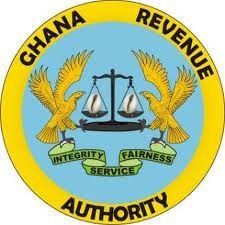 GRA Logo
GRA Logo
United Nations Economic Commission for Europe (UNECE) in collaboration with the Ghana Revenue Authority (GRA) would organize a five-day training workshop in Accra for Trade Facilitation stakeholders.
The workshop, sponsored by West Blue Consulting under the Ghana National Single Window (GNSW) Programme, would take place from Monday September 19-23, 2016.
The workshop aims to train participants on how to use the UN Trade Facilitation Implementation Guide for Trade Facilitation (TF) reform efforts and to stimulate the sharing of best practices and the discussion of opportunities for inter-agency cooperation in the TF.
Areas covered in the Guide include Process simplification, Cross border management, Consultation and cooperation for TF, Single Window implementation, Documents simplification, etc.
The UN Trade Facilitation Implementation Guide is a web-based interactive tool to help countries better understand the key elements and instruments of trade facilitation. A set of case stories on how countries have succeeded in facilitating trade complements the Guide.
Trade facilitation has become a key policy issue for both governments and business as it cuts the costs of doing trade, reduces delays at the border, and makes public agencies dealing with trade more efficient. It is at the heart of the World Trade Organization (WTO) Doha Round of negotiations.
By the end of the course participants will have gained an enhanced understanding of TF and the approaches and methodologies that underpin TF efforts, including how TF is discussed at the WTO.
Participants also would have discussed and analyzed paths for dealing with key TF issues, including: How to rationalize trade documents and information requirements, how to establish a SW; How to reduce delays at the border.
Participants would also learn how the Guide works and how to design and conduct training with the Guide based on capacity building needs in own context. Also exchanged views and be expose to diverse experiences and best – practices and forged networks with other professionals.
The participants are mainly policy makers and implementers involved in reform programs and experts in charge of capacity building activities for TF.
Typical participants are from National Trade and Transport Facilitation Bodies, Ministries of Trade, Customs, other inspection bodies, businesses and technical assistance agencies.